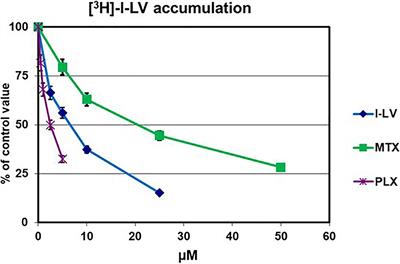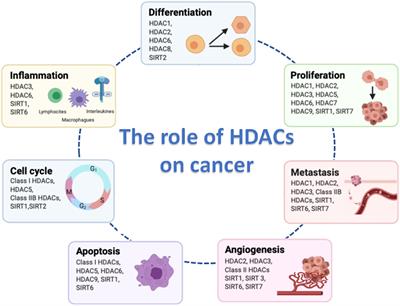EDITORIAL
Published on 06 Apr 2021
Editorial: Epigenetic Therapy With Histone Deacetylase Inhibitors: Implications for Cancer Treatment
doi 10.3389/fcell.2021.662761
- 1,122 views
36k
Total downloads
162k
Total views and downloads
EDITORIAL
Published on 06 Apr 2021
REVIEW
Published on 28 Jan 2021

ORIGINAL RESEARCH
Published on 09 Oct 2020

MINI REVIEW
Published on 09 Oct 2020

REVIEW
Published on 29 Sep 2020

REVIEW
Published on 11 Sep 2020

REVIEW
Published on 03 Sep 2020

ORIGINAL RESEARCH
Published on 17 Aug 2020

ORIGINAL RESEARCH
Published on 11 Aug 2020

BRIEF RESEARCH REPORT
Published on 05 Aug 2020

ORIGINAL RESEARCH
Published on 14 Jul 2020

REVIEW
Published on 10 Jul 2020

